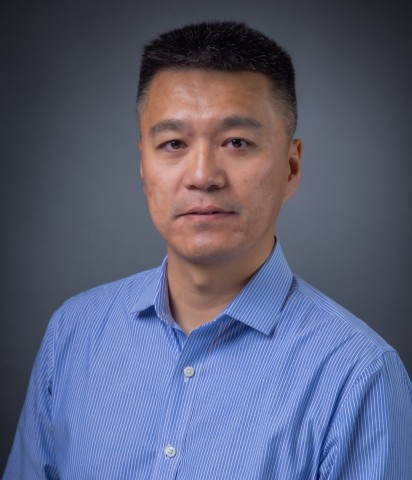Principle Investigator
07/2024 - 12/2025 " Cheniere Lifecyle Assessment Study," Sponsored by Cheniere Energy Shared Services, Inc. (Total $316,774)
07/2024 - 06/2025 "New Directions Fund - Conceptualizing and modeling the co-benefits of air quality and public health from low-carbon transition", Sponsored by University of Maryland VPR office. (Total $25,000)
05/2022 – 12/2022 "Assessing water security from agricultural expansion in Bolivia, Colombia, Ecuador, and Peru under future climate change: a coupled socio-economic and biophysical accounting framework" funded by Inter-American Development Bank. (Total $25,000)
03/2019 – 02/2010 “Managing Water Footprint and Virtual Water of Main Economic Sectors in Latin America and Caribbean: A Water-Energy-Food Nexus Analysis Using a Coupled Physical and Socio-Economic Accounting Framework” funded by Inter-American Development Bank. (Total 115,000)
09/2017 – 12/2018 “Climate risk: managing distributional impacts of carbon taxes” funded by Inter-American Development Bank (Total $60,000)
07/2018 – 06/2019 "Accounting and Modeling Urban Low Carbon Transformation: Case Studies of the US and Australia" funded by the BSOS Dean’s Research Initiative. (Total $6,000)
07/2015 – 06/2016 “Economic Transport Modeling to Link Climate Change to Socio-Economic Vulnerability in Alaska” funded by the BSOS Dean’s Research Initiative. (Total $7,500)
12/2014 – 11/2016 "Venture: Linking local consumption to global impacts" funded by National Socio-Environmental Synthesis Center (SESYNC) (Total ~$40,000)


